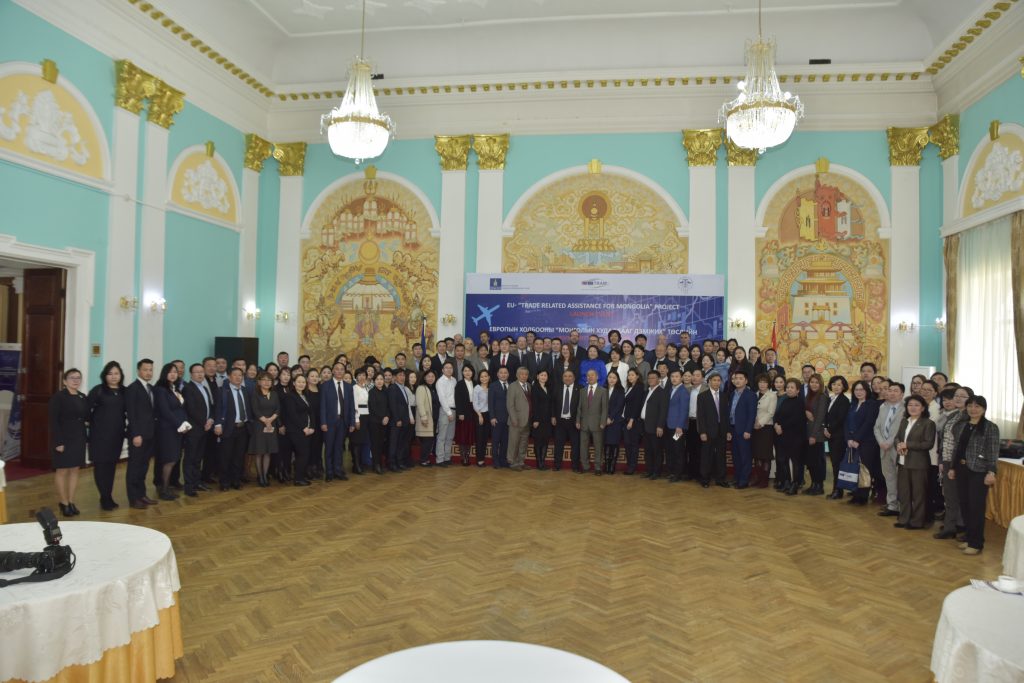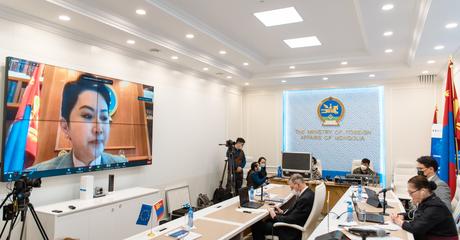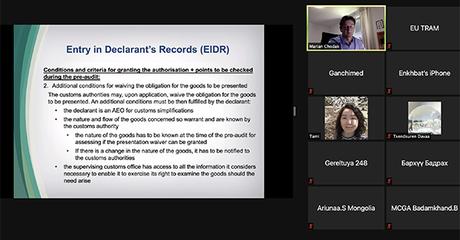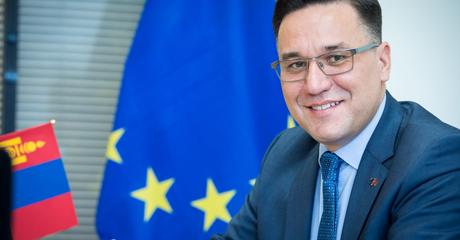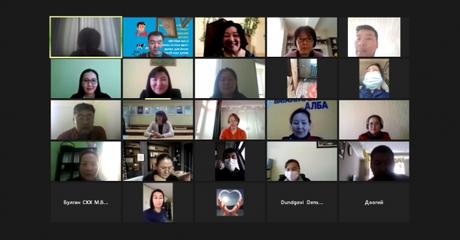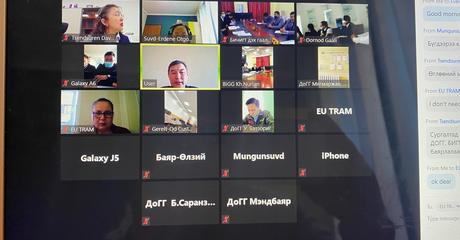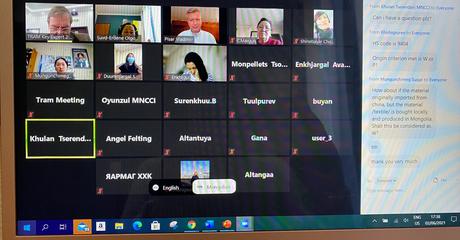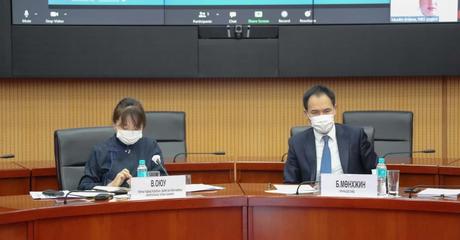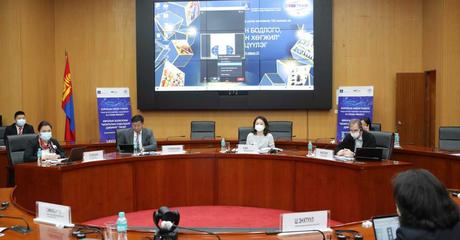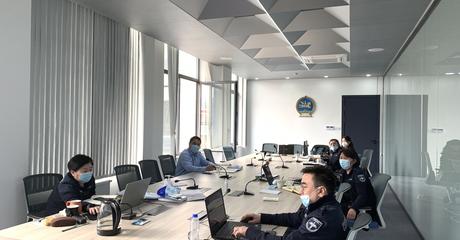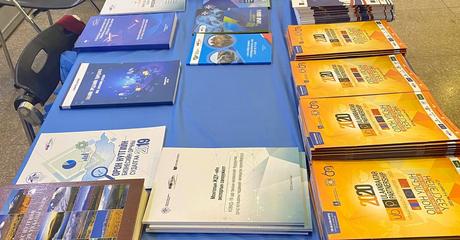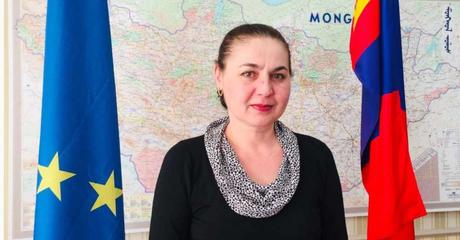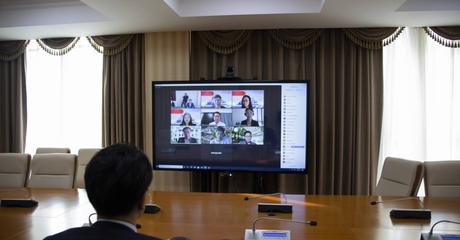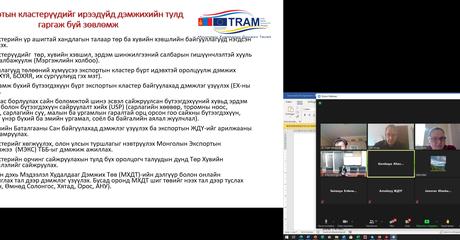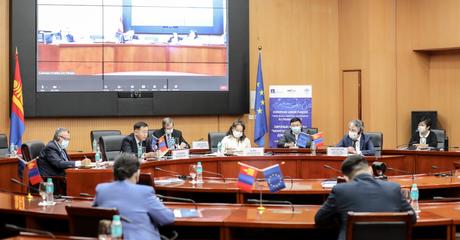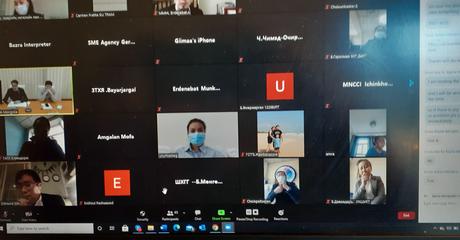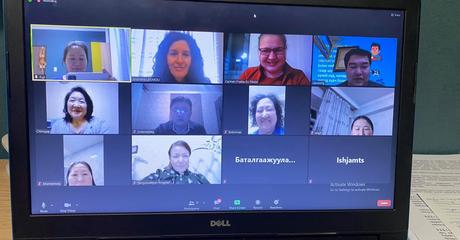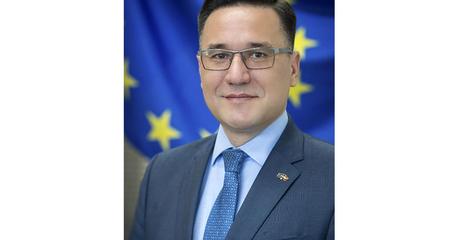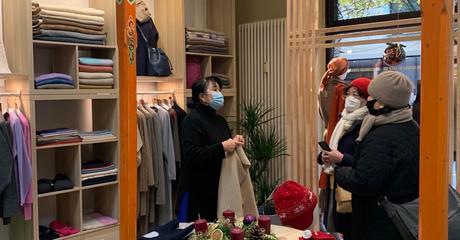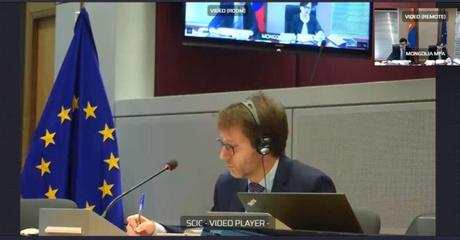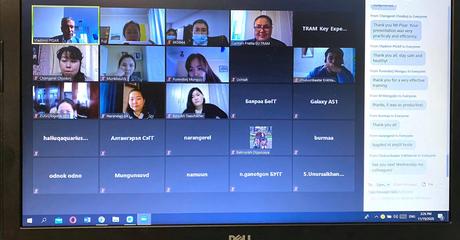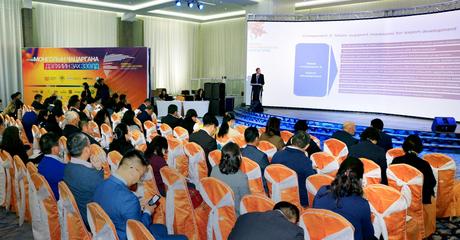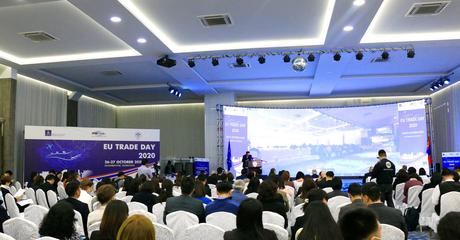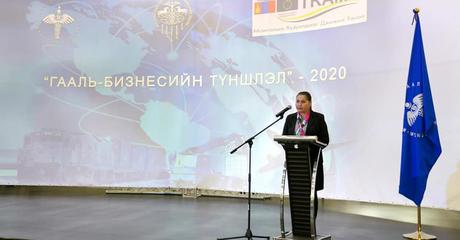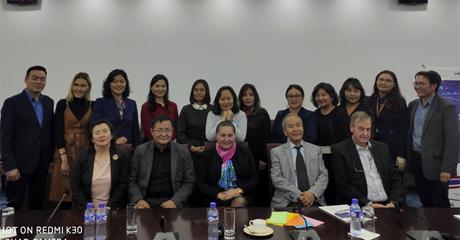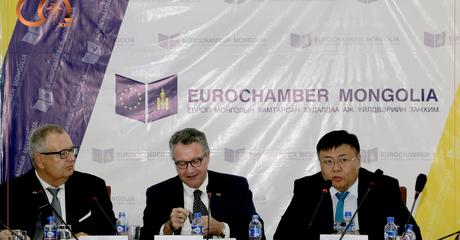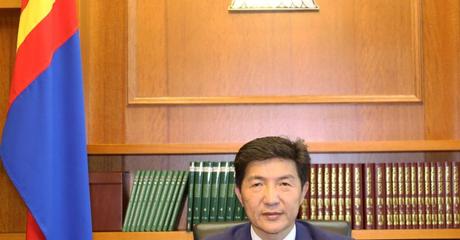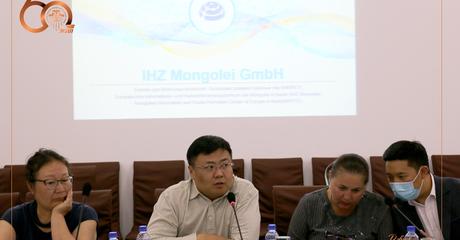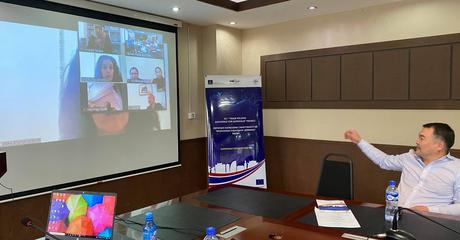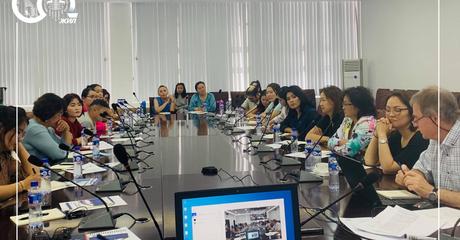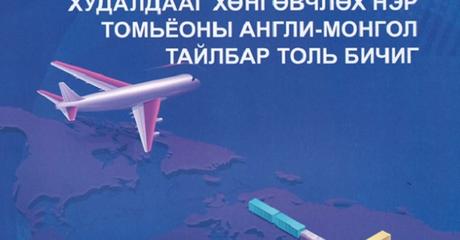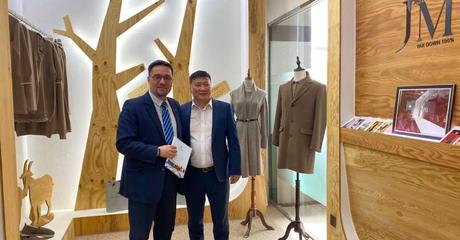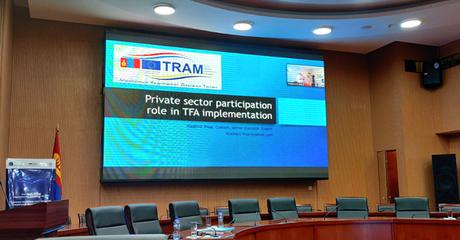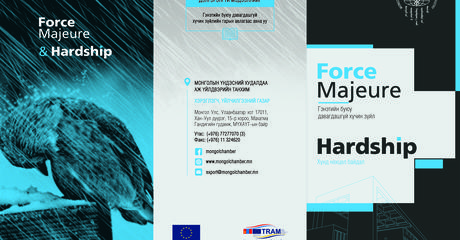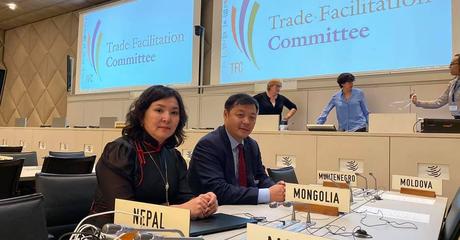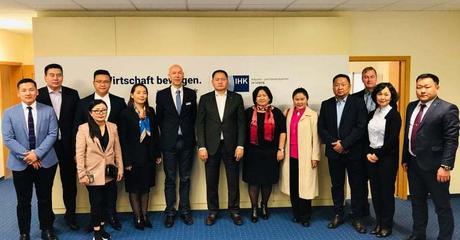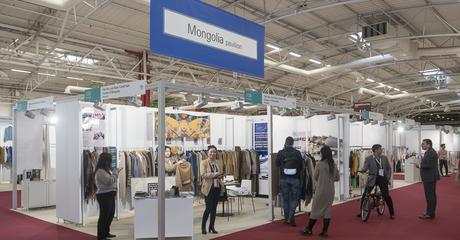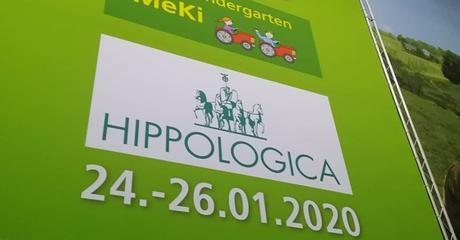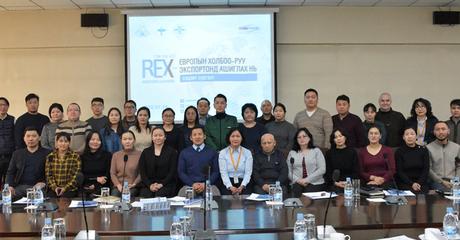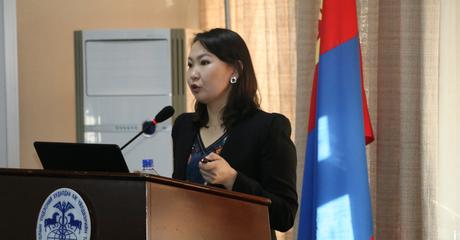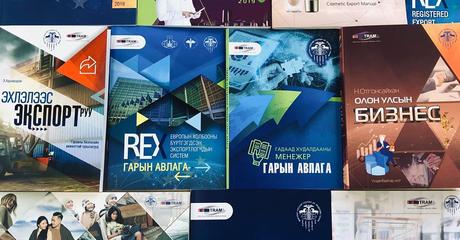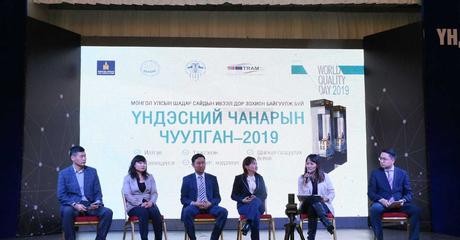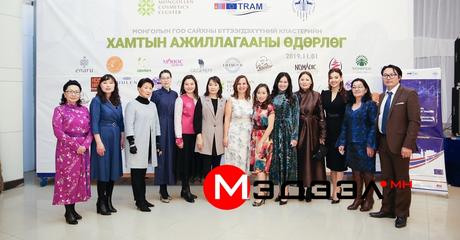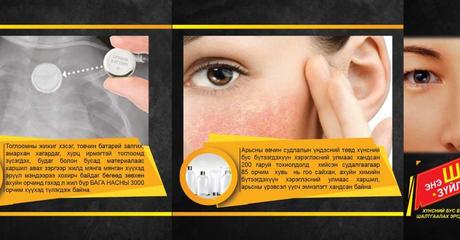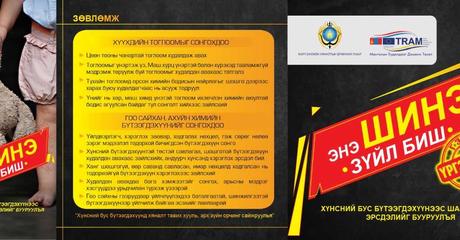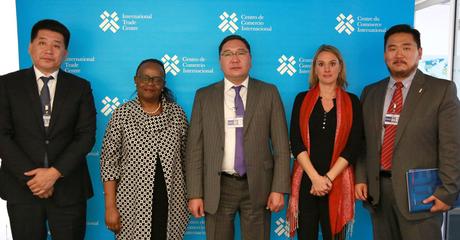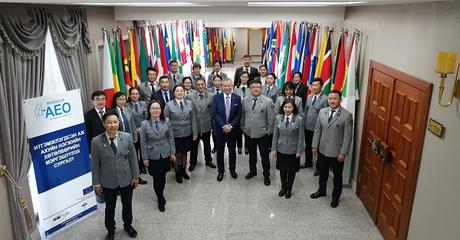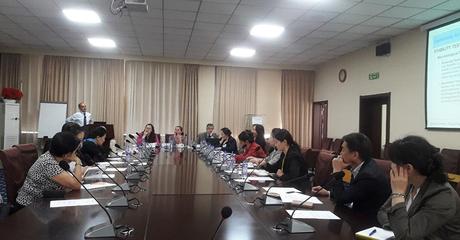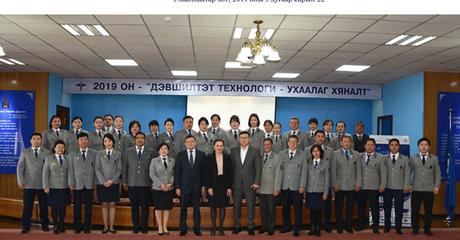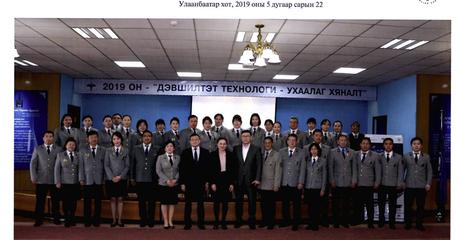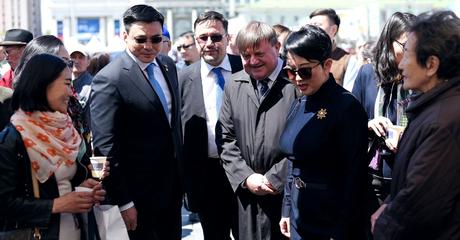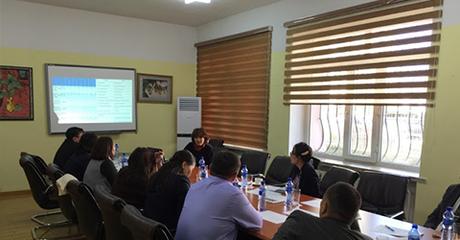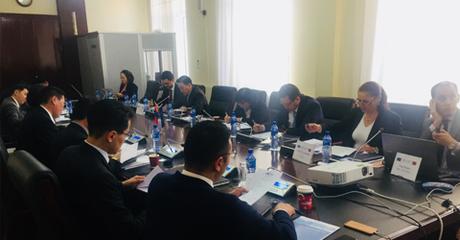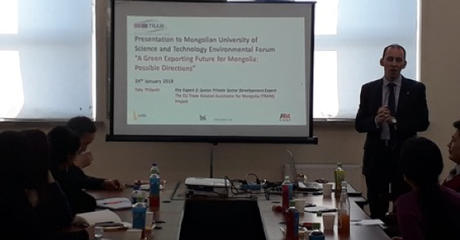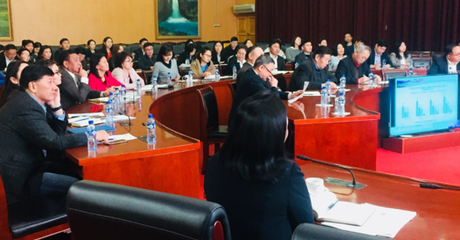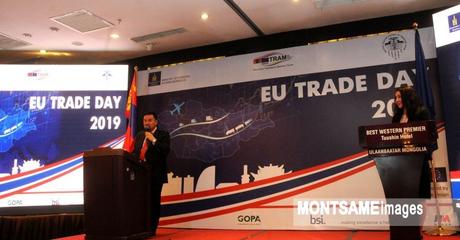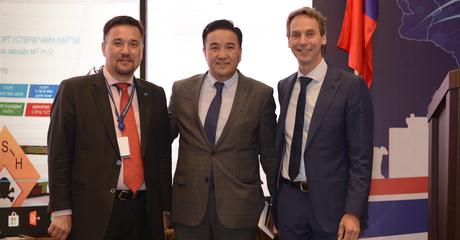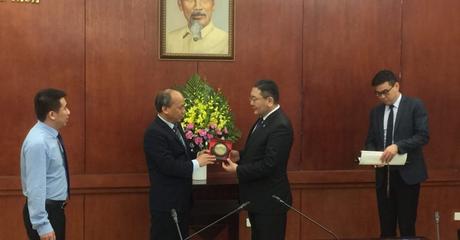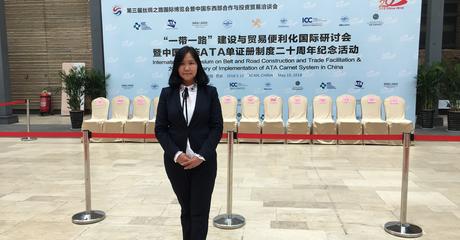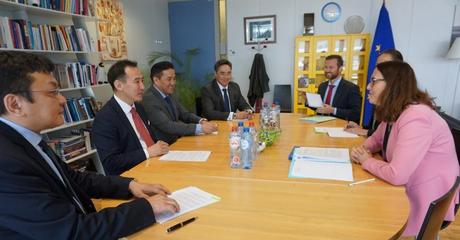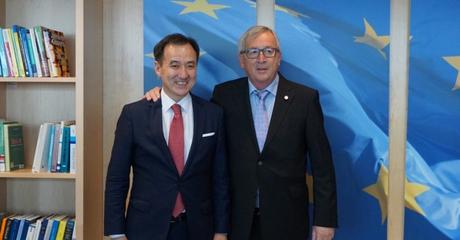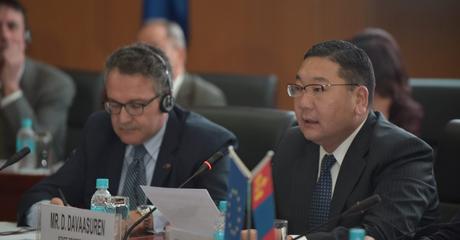The official launch of the European Union funded Project “Trade Related Assistance for Mongolia (EU TRAM)” organised at the Ministry of Foreign Affairs on 28 March 2018 was impressively attended by over 200 participants from the public and private sectors. The four-year project, worth almost five million Euros has the objective of enhancing Mongolia’s international trade and economic diversification and contributing to sustainable economic growth and development of the country, with the goal of reducing poverty and external vulnerabilities.
The purpose of the project is to strengthen capacities and to support Mongolian public institutions and the private sector to develop and deliver effective trade policy initiatives with a special focus on specific products/sectors with high potential for export, to effectively participate in the world economy.
D.Davaasuren, State Secretary of Ministry of Foreign Affairs delivered the opening speech at the event. He underlined the improvement of the bilateral trade relations with the European Union since 2013 when the Partnership and Cooperation Agreement was signed. The agreement provides for a general framework for promoting bilateral, regional and international cooperation between Mongolia and EU in all areas of cooperation, such as trade and economy, development aid, agriculture, rural development and so on. He also stressed that even though Mongolia enjoys preferential access to the EU market under GSP+ scheme, Mongolian exporters were not yet able to take full advantage of these benefits. He expressed his hopes that EU TRAM project will achieve the strategic goals of the Mongolian Action Plan 2016-2020 such as the diversification of the structure of the economy, reducing vulnerability from commodity price fluctuations and easing balance of payment pressures.
M.Oyunchimeg, CEO of Mongolian National Chamber of Commerce and Industry said that the Chamber of Commerce and the private sector have big expectations from the EU TRAM project in terms of increasing and expanding Mongolian exports. The urgent needs of the Mongolian exporters are related to the adoption of necessary standards and regulations that are necessary to meet the exporting market requirements.
Marco Ferri, Charge d’Affaires ad interim of the Delegation of the European Union said that the EU supports Mongolia’s economy and trade on three pillars: through the Partnership and Economic Agreement, GSP+ and the EU TRAM project. He presented the trade statistics between Mongolia and EU in 2016 and underlined the low usage of the GSP+ benefits due to low capacity of Mongolian products to fulfil the EU market requirements.
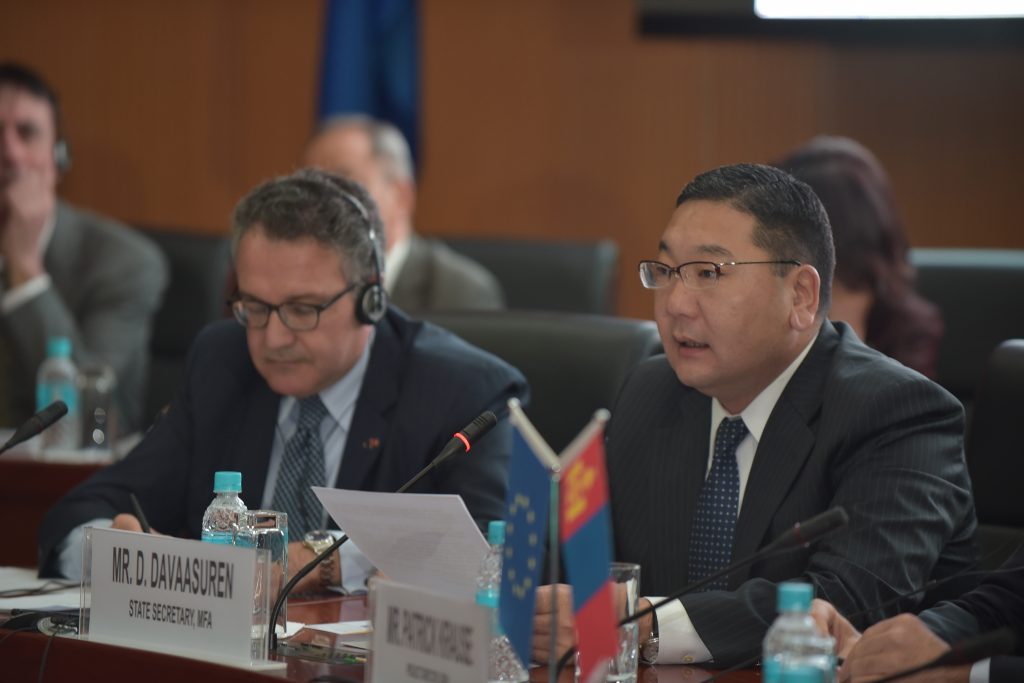
The EU TRAM project has three components: Trade policy, Trade facilitation and Export Development. The envisaged results are to enhance policy dialogue and government capacity and processes for trade policy formulation and negotiation; to effective implementation of concrete measures to reduce trade costs, including mainstreaming of trade policy in other sector policies; and to strengthen the institutional capacity of the private sector, intermediary organisations and other trade-related non-state actors, with a view to more effectively support private enterprises as well as engage effectively with relevant government institutions and agencies.
